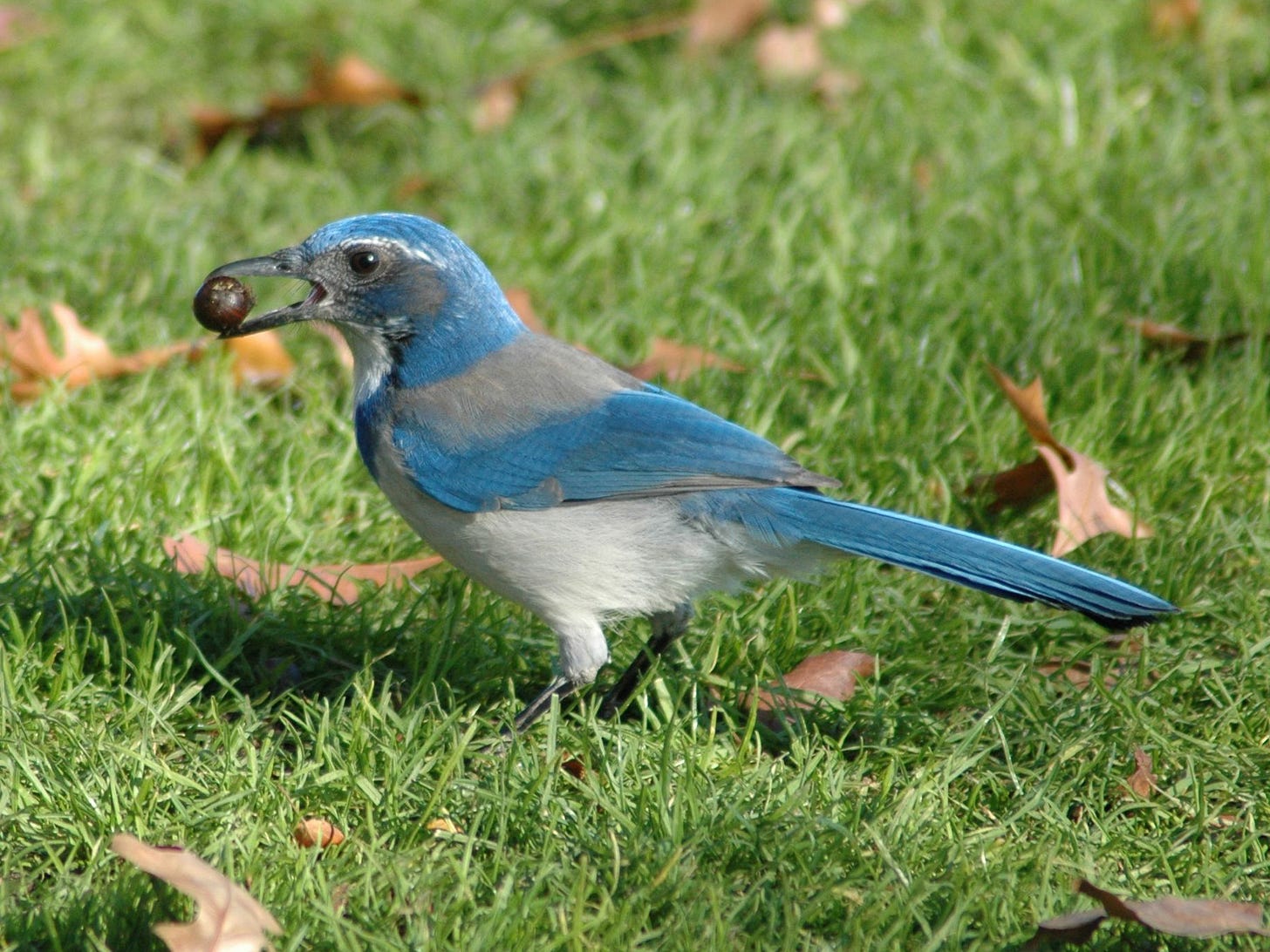On a Temporary Basis, Bobbing Up and Down
Emma Copley Eisenburg's Housemates, and lifting each other up for air
In Housemates, Bernie and Leah, two housemate friends from Philly go on an artistic road trip and (spoiler) fall in love. I love group house utopia novels (I appear to write nothing but), and queer love stories, and stories about characters who aren’t imagined as looking like movie stars, and anything that puts the worlds I know onto the page. I also love Emma Copley Eisenburg’s work in general, both in her Substack Frump Feelings and in her nonfiction book The Other Rainbow Girl. So I’ve been eager for this novel since I heard her read from it at Bread Loaf two years ago.
And oh man, immediately I loved it. And I kept loving it. I would have loved this book just for the descriptions of living in the house. Passages like:
“It occurred to Bernie that this was a house in which beauty and meaning were opposed, in which objects were only valued if they fulfilled a functional purpose or conveyed a message. The way an object acted upon the eye or any other part of the body did not matter here.” page 23
Yup, I know those spaces. And like Bernie, I care a lot about beauty as meaning, and have passed through communities where this was seen as extraneous and privileged, when to me it was nourishing and essential. To be living in one of those spaces as you articulate yourself as an artist, that is a tension I know and wanted to read about.
Then I got to a passage where Bernie is starting to fall for Leah, and thinks back to her own divorced parents, and how her mom felt about her dad:
“But somehow he sucked all the air from whatever room he stood in, Bernie’s mom had given Bernie to believe, leaving none leftover for others. The more Bernie’s mom fought for air, the more he shoved her down in order to find his own freedom. There was only shining or withering, using or being used, loving or being loved. There was no way in the universe of the woman who had made Bernie that two people might work together for their mutual fulfillment, in which one or the other might step forward or backward when needed and on a temporary basis, bobbing up or down so the other might access oxygen.” Housemates, page 284-285
I know this way of thinking. Of being. The zero sum fight for air. It’s the most succinct way to say why I couldn’t stay married. Not that he was an airsucker, but that too often we were in competition for oxygen.
I read this passage sitting on my back steps earlier this summer, looking out at my dry little garden and the big trees. I like to sit on my steps and watch the midges circling in the middle of the yard. I like that I have a yard where insects want to live. This summer there were teenage scrub jays learning to bury peanuts, and a solitary large rat who came and dug the peanuts up. Which is all I guess just to say, my back steps are a place I am happy alone, because my aloneness is only a human aloneness in the camaraderie of the living world.
But reading those words was like a seed cracking open. A little uncurling shoot saying, yes yes mutual fulfillment, I see how it could be. I see that I could do that.
Now I know that many of you are fluent in lifting the people you love up towards the air. I know that many of us lift each other up as friends and family. I admire your fluency with doing that in your partnerships and I aspire to it, which is one of the reasons I don’t believe I’m inclined to become an, I don’t know, jay lady, even if it meant I could run the country.
So it’s not a new idea, mutuality in love. But it is one that I feel like I am learning to do, which is partly I guess why I wanted to write this newsletter, and why I write about it at all. This passage from Housemates felt like naming both the wound and the remedy. I’ve been carrying the words around in my lungs all summer: the clawing airlessness, the mutual expansive up and down.
And I began to picture something even more expansive: unlimited oxygen.




